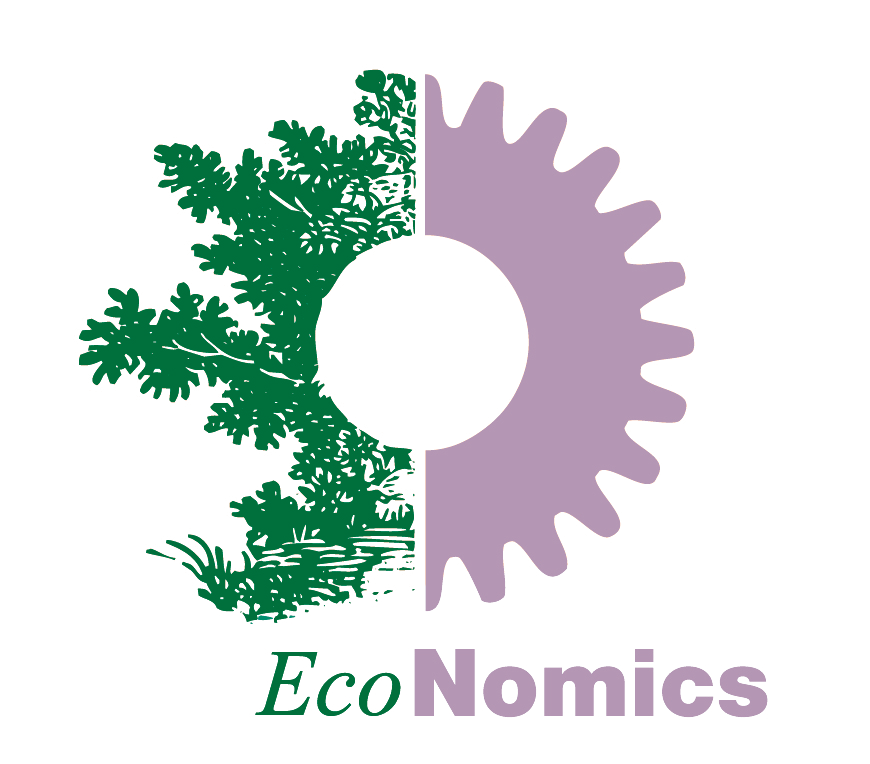Franchise Agreements, Contract Negotiations, Collection Contracts, and Contract Management
Implementing Sustainability at All Levels
Our recent project experience provides solid market-based indications that jurisdictions can comply with SB 1383 and AB 1826 without unprecedented rate increases or potential compliance orders from CalRecycle.
Case Studies
Tustin RFP/SB 1383
From 2015 to 2018, EcoNomics assisted the City of Tustin with preparing and issuing a Request for Proposals (RFP) for diversion and collection services. The contract incorporated all the requirements of SB 1383 into the scope and rate structure and was unanimously approved by the City Council in October 2018. Residents of Tustin are investing in a SB 1383-compliant curbside food scrap recycling program where co-collected yard trimmings and food scraps will be taken to a composting facility. While this was a 6.5% rate increase compared to current residential rates, this rate is still less costly than most residential rates in Orange County.
Laguna Niguel RFP/SB 1383
Over the course of 20XX to 20XX, EcoNomics negotiated a SB 1383-compliant residential rate as part of a new collection and diversion contract in the City of Laguna Niguel. This contract requires the hauler to provide two Recycling Coordinators to implement state-mandated diversion programs, monitor bins for contamination, provide SB 1383 reports to the City, and provide internal organics collection receptacles to all households and businesses that request them. Compliance with implementation requirements is incentivized by the opportunity for the contractor to earn two one-year contract extensions if specified metrics regarding program implementation and reduction of contamination are achieved.
Mission Viejo Rates
In 20XX, EcoNomics assisted the City of Mission Viejo in the implementation of a pilot-scale organics program. The pilot program diverted over 100 tons per month of food scraps. EcoNomics has worked directly with over 100 restaurants within the City to implement and expand cost-effective food scrap recycling programs since 2014. EcoNomics is using the data it has gathered from implementing these programs at food service establishments to develop a rate that provides a cost-incentive to restaurants to enroll in the program, and also compensates the hauler for the services it provides. During its multi-year partnership with the City of Mission Viejo, EcoNomics has developed a solid understanding of the franchise hauler’s organics collection and processing system.
Santa Ana Rates
In the City of Santa Ana, EcoNomics facilitated the development of an organics rate that provides a financial incentive to food service generators to implement organic recycling service and comply with AB 1826. EcoNomics worked with the City’s hauler Waste Management to establish and verify the actual cost of providing organics recycling service. The actual cost of providing organics recycling service was significantly more than equivalent trash service, which would lead to suboptimal compliance outcomes due to lack of generator participation. EcoNomics assisted the City in developing a rate-stabilization program that used the City’s solid waste enterprise fund to reduce the organics rate charged to the generator so that a 50% rate incentive could be offered. The City Council approved this proposal in December 2018 and the rate became effective January 1, 2019.





